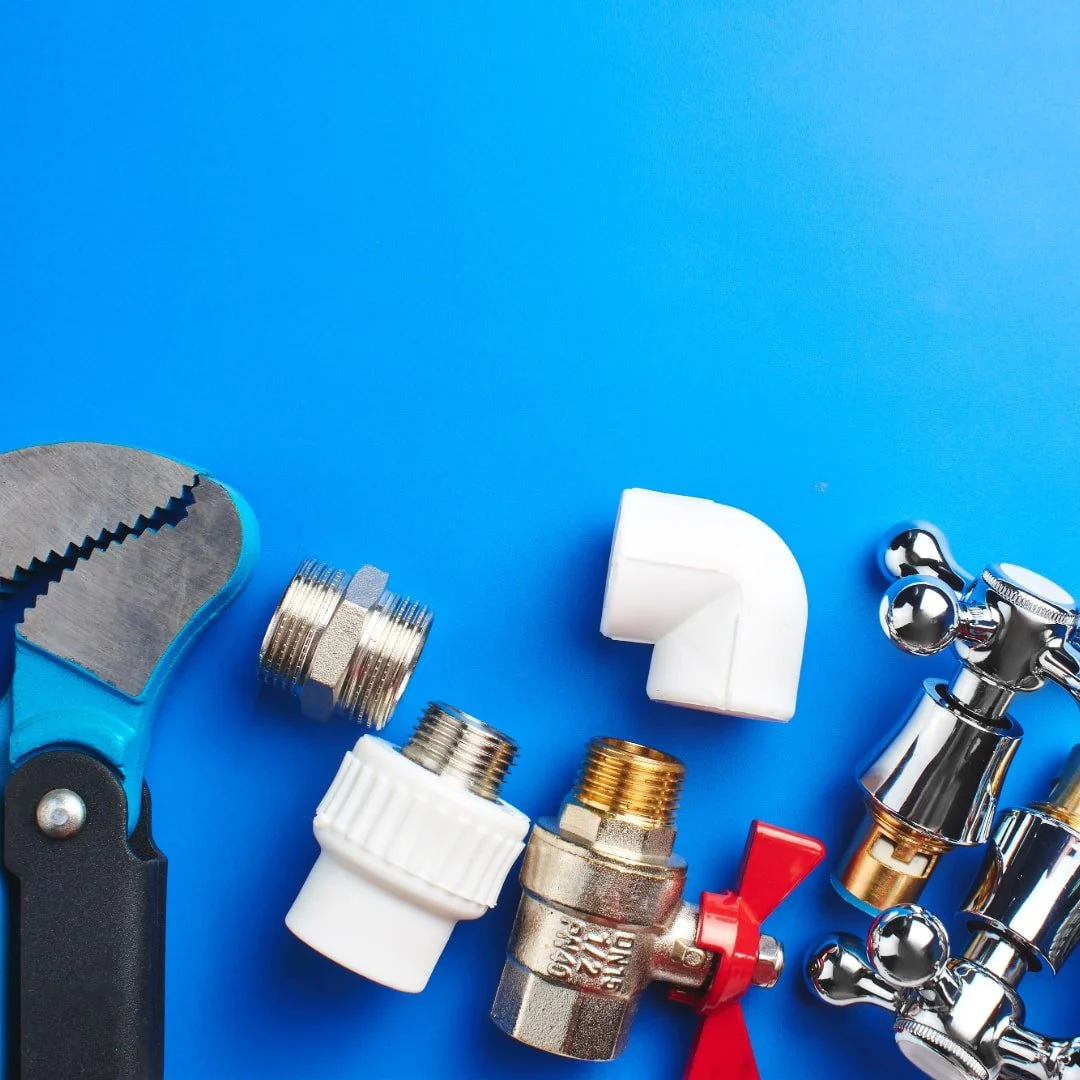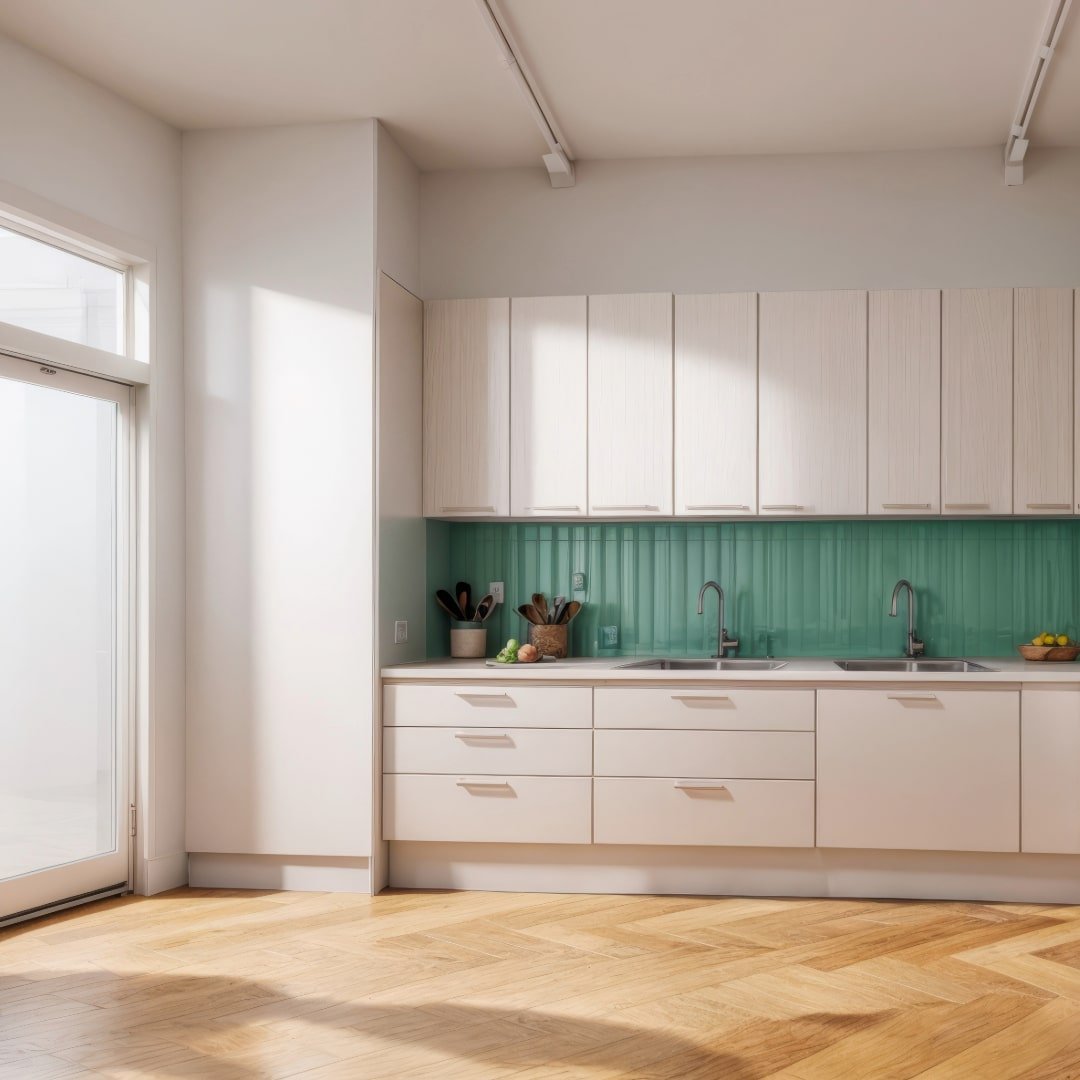Living in New York City, with its iconic skyline and bustling streets, presents unique challenges and rewards, especially when it comes to maintaining and repairing the plumbing in your home. Whether you're nestled in a historic brownstone in Brooklyn or perched high in a Manhattan skyscraper, understanding the basics of plumbing is an invaluable skill for any DIY enthusiast or homeowner. This comprehensive guide delves into the essentials of DIY plumbing in NYC, from tools and techniques to navigating the city's building codes and regulations.
The Unique Plumbing Landscape of NYC
New York's plumbing system is as diverse as its population. From century-old pipes in historic neighborhoods to advanced systems in new developments, each building has its unique plumbing characteristics. Understanding the specific requirements of your building is key to effective DIY plumbing.
Essential Tools for Every NYC DIY Plumber
A well-equipped toolkit is essential for any plumbing project. Here are some must-haves for your NYC plumbing toolkit:
Adjustable Wrenches
Plunger
Pipe Wrench
Teflon Tape
Plumber's Putty
Hand Auger
Hacksaw and Tubing Cutter
Step-by-Step Guides for Common Repairs
Tackling Clogs
Clogs are common in NYC apartments. Before using chemicals, try a plunger or hand auger. These tools can often dislodge blockages without harsh chemicals.
Fixing Leaky Faucets
Most leaks can be fixed by replacing a washer or cartridge. Remember to shut off the water supply before starting and avoid over-tightening components.
Addressing Running Toilets
Often fixed by adjusting or replacing the flapper or fill valve, this simple fix can save water and reduce bills.
3 Safety Tips for DIY Plumbing
Shut off the water supply before starting any work.
Be aware of lead pipes in older buildings.
Wear protective gear, especially when using chemicals or cutting pipes.
Navigating NYC's Building Codes and Regulations
Understanding and adhering to NYC's building codes is crucial. For significant work, permits may be required, or a licensed professional may need to be consulted. Always check with your building management and the NYC Department of Buildings before starting major projects.
When to Call a Professional
Complex issues like major leaks or pipe replacements should be handled by licensed plumbers. They have the expertise and tools to safely and effectively resolve these issues.
Understanding Your Building's Plumbing System
Familiarize yourself with the specifics of your building's plumbing system. Know where the main water shut-off valve is and understand the layout and type of pipes used.
Preventative Maintenance
Regular checks for leaks, monitoring water pressure, and cleaning drains can prevent major issues. Be mindful of what you flush or pour down drains.
Historical Context of NYC Plumbing
New York City's plumbing has a rich history, reflecting the city's growth and evolution. In older neighborhoods, plumbing systems can date back to the early 20th century, presenting unique challenges such as outdated materials or layouts. Understanding this history can provide valuable context for why certain issues arise and how best to address them.
Eco-Friendly Plumbing Practices
In an urban setting, eco-friendly practices are vital. Water conservation techniques, such as installing low-flow fixtures, and using sustainable materials can make a significant difference in the environmental impact of your home.
Resource List for NYC Homeowners
Local Hardware Stores: Familiarize yourself with nearby stores for quick access to tools and materials such as Elegance in Hardware.
Emergency Plumbing Services: Keep a list of reputable services for urgent issues.
Online Tutorials: Websites and videos specifically tailored to NYC plumbing can be invaluable resources.
FAQ Section
Q: How often should I check my plumbing?
A: Regular checks, at least twice a year, can help catch issues early.
Q: Can I replace pipes myself?
A: Minor replacements can be DIY, but for major work, it's best to consult a professional.
Q: What's the best way to deal with old, fragile pipes?
A: Handle them gently and consult a professional if you're unsure. Sometimes, replacement is the safest option.
Expanding Your DIY Skills
As you become more comfortable with basic plumbing tasks, you might consider expanding your skills. Simple projects like installing a new showerhead, replacing a sink faucet, or even updating toilet fixtures can not only improve the functionality of your home but also its aesthetic appeal. Remember, the internet is a treasure trove of tutorials and guides, many of which are specific to the types of plumbing systems found in NYC.
Community Resources and Workshops
Another great way to improve your DIY plumbing skills is to connect with local community resources. Many hardware stores in NYC offer workshops or classes on basic home repairs, including plumbing. These can be invaluable for getting hands-on experience and advice from professionals.
The Importance of Regular Maintenance
Regular maintenance is key to preventing major plumbing issues. This includes routinely checking pipes for leaks, monitoring for slow drains, and being mindful of changes in water pressure. These proactive steps can save you from costly and time-consuming repairs down the line.
Conclusion
DIY plumbing in New York City can be a rewarding challenge. With the right tools, knowledge, and approach, you can confidently handle many common plumbing tasks. Remember, when in doubt, consult a professional to ensure the job is done safely and up to code. Happy plumbing, New York!
This comprehensive guide not only equips you with the knowledge and tips for handling common plumbing tasks in NYC but also emphasizes the importance of understanding the unique aspects of plumbing in this bustling city. From historical buildings with aging pipes to modern high-rises, each presents its own set of challenges. By staying informed and prepared, you can ensure the longevity and efficiency of your home's plumbing system, all while navigating the intricacies of NYC's regulations and building codes.








